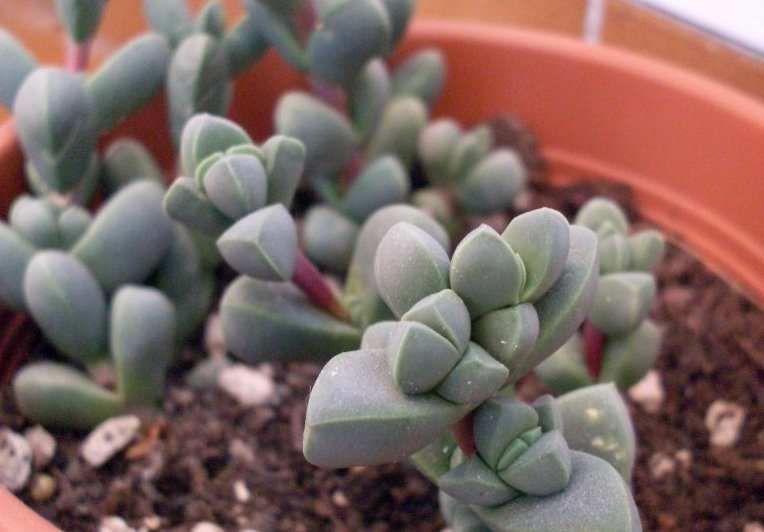Three great stories we found on the internet this week.
The magic of mushrooms
The mycelium in mushrooms has long been used to produce packaging, clothing and meat-free food. Now, California company MycoWorks is tapping the fungus to make hyperreal faux leather on a commercial scale.
The material, branded “Reishi,” has the potential to edge out the most common current source for leather substitutes: plastic. It also offers participants in the $400 billion leather goods market a chance to go vegan. (According to PETA, that industry kills more than a billion animals each year for their hides.)
MycoWorks is collaborating with luxury goods makers, including Hermès, and plans to start manufacturing its animal-free material at a brand-new, 150,000-square-foot plant in South Carolina. “I asked one of my seamstresses and she couldn’t tell the difference between Reishi and real leather,” said a designer who crafted hats with the material.
Read more at The New York Times
Power plants
Scientists have brought us a step closer to a green-energy-fueled world, with living plants generating power alongside the wind and the sun.

Researchers have been trying for years to harness the power generated during photosynthesis, the process by which plants convert sunlight into food. Last month, the American Chemistry Society announced a successful attempt using a succulent, with the electrons of photosynthetic cells “pulled away as a ‘photocurrent’ and used to power an external circuit, just like a solar cell.”
Their experiment drew out less electricity than comes from a typical battery, but ACS said more voltage could be generated by connecting multiple leaves.
Pet friendly
New York has joined hundreds of towns and several other states in banning pet store sales of dogs. Such laws are aimed at stopping so-called “puppy mills,” known for breeding animals in cruel conditions.
Crushed by negative news?
Sign up for the Reasons to be Cheerful newsletter.New York’s law, which takes effect in 2024, also prevents retail shops from selling kittens and rabbits. It likely won’t shut down the thousands of unregulated high-volume breeders around the US, but bill co-sponsor State Senator Michael Gianaris hopes it will lead to more people buying directly from small, ethical breeders. “If a consumer went to a mill and saw the awful conditions, they wouldn’t buy these animals. Dealing with a breeder allows people to see where their dog comes from,” he said.
Animal rights activists hope more people will also consider adopting pets from shelters, where nearly one million dogs and cats are euthanized annually.







